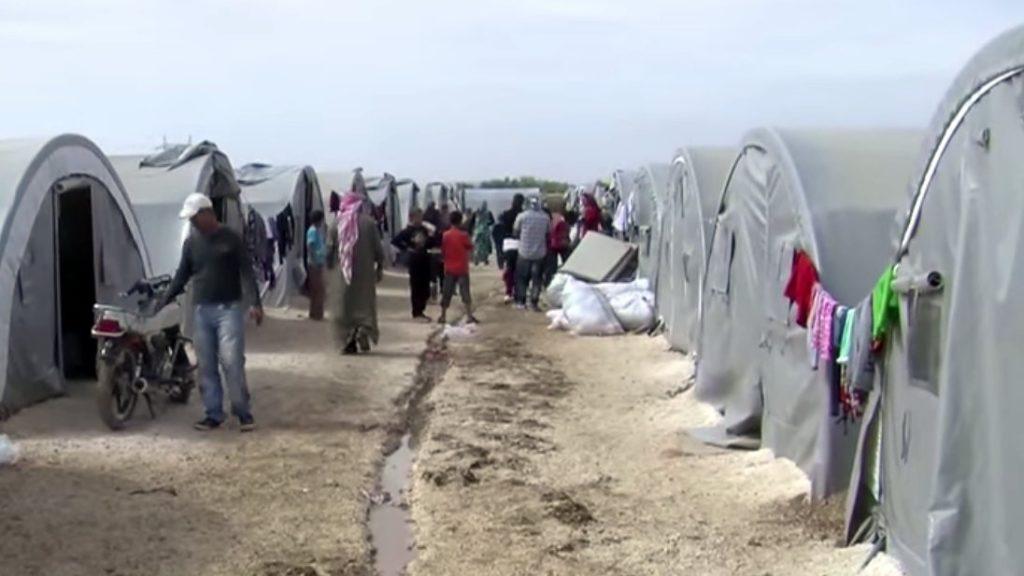BEIRUT – Lebanon has declared a national “state of economic emergency.” President Michel Aoun told the Lebanese people, “We have to unite our efforts to come out with solutions to the economic crisis that is strangling the dreams and hopes of our people.” One of the leading factors that have driven Lebanon to the edge of bankruptcy is the influx of 1.5 million refugees from the Syrian Civil War. The country had espoused a compassionate commitment to host Syrian refugees until the conflict ended. It probably did not occur to anyone in 2011 that the fighting would continue well into this year. There has long been concern about the effects of Syrian refugees filtering into camps in neighboring nations, especially in Lebanon, where the number of refugees has increased the country’s population by 40 percent. Lebanon now hosts more refugees per capita than any other country in the world. Lebanon did not boast a robust economy before the refugee population began to swell beyond the nation’s ability to sustain either that influx or the economy needed to support it.
As in most similar situations, the impact of the first refugees to arrive was absorbed by offering low-paying seasonal jobs in agriculture and construction for the wage earners. In desperation, those workers were willing to work for “more than two-thirds less than the minimum wage.”
What was adequate for the refugees was beneficial for the business owners. But as the refugee population increased, Lebanese workers began to find themselves unemployed. Now native Lebanese are increasingly in need of government assistance. So, with more than half of Syrian refugees “unable to meet the survival needs of food, health, and shelter . . . And 69 percent living below the poverty line,” the plight of Lebanese workers is being driven to a similar Slough of Despond.
A mere 38 percent of United Nations funding for Syrian refugees has actually reached Lebanon. So, despite what the budget may show, Lebanon is short $1.4 billion needed to sustain the refugee population and to bring its own people back to a state of normalcy.
Meanwhile, refugee children are unable to attend schools other than informal education provided by NGOs. NGOs are providing food, water, shelter, sanitation, and healthcare, although in inadequate amounts to meet the needs.
The bottom line is that many refugees are out of the range of fire but are unable to care for their families’ basic needs. In the meantime, the financial well is running dry in Lebanon.
Should the country declare bankruptcy, yet another crisis will unfold as the entire nation, citizens, and refugees alike will sink deeper into need and despair.
Lebanese leaders are busy seeking financial relief, reviewing immigration laws, and encouraging Syrian refugees to return to their homes. Each of these is easier said than done.
The lesson from Lebanon? Compassion must be balanced with common sense; common sense must be applied with compassion.
Pray for the Lebanese and Syrian people. Pray for the faith-based NGOs working among the refugees, and the pastors and missionaries working amidst the Lebanese, that this time will be the opportunity to reach many for Christ in their crises.
To read more news on the Refugee Crisis on Missions Box, go here.
Sources:
- Mission Network News, Lebanon declares “State of Economic Emergency”
- AP, Lebanese officials declare state of economic emergency
- Foreign Policy, Lebanon Is Sick and Tired of Syrian Refugees
- Migration Policy Institute, A Fragile Situation: Will the Syrian Refugee Swell Push Lebanon Over the Edge?
- Washington Times, Flood of Refugees from Syria fighting strains Lebanon to breaking point
